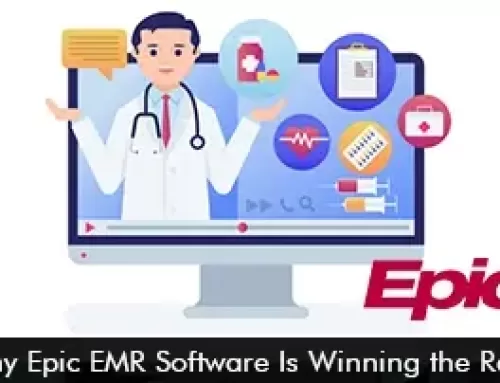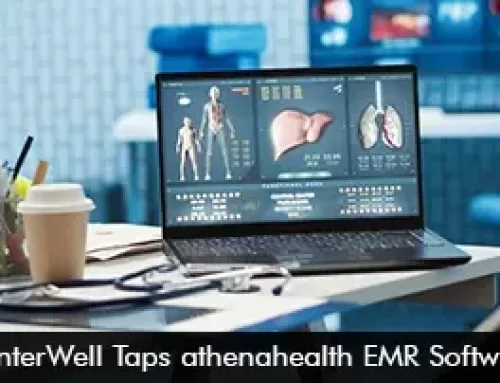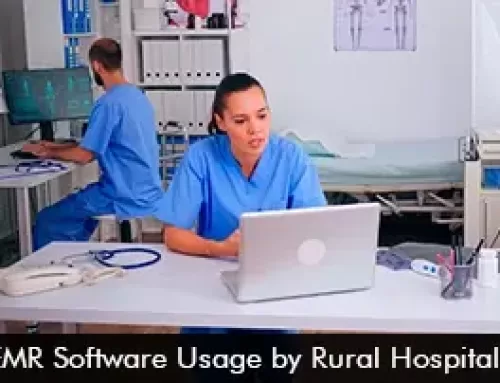Small medical practices are essential to the U.S. healthcare system because they provide personalized, community-focused care. But they often face hurdles like small staff, tight finances, and growing administrative demands that can hinder their efficiency.
Electronic Medical Records (EMR) Software can provide customized answers to help these practices improve operations, ensure compliance with regulations, and better serve their patients. Groups like the American Medical Association (AMA) and the Centers for Disease Control and Prevention (CDC) emphasize that adopting EMR Systems is crucial for enhancing how practices function and improving overall public health.
Effortless Efficiency and Extra Time for What Matters with EHR Software
Efficiency is key for small practices where every team member counts. EMR Software steps in to handle tedious processes, automating tasks like scheduling, charting, billing, and paperwork that used to take up hours. With less time spent on mundane tasks, healthcare providers can welcome more patients through their doors. With EHR Software documentation features, charting gets a boost, too, thanks to handy templates and voice-to-text that speed charting. The AMA backs this up, saying that EMR Software means less paperwork and more quality time between doctors and patients—a big win for small practices stretching their resources.
Enhanced Cost Efficiency and Revenue Cycle
Even though setting up an Electronic Medical Records (EMR) Software System might look expensive at first, the financial advantages it offers in the long run are quite significant. EHR Software enhances the precision of billing, cuts down on claim denials, and expedites the reimbursement process. Having precise coding and documentation helps in preventing revenue loss. Billing tools in EMR Systems can automate billing functionalities that can contribute to a stable cash flow. According to the Centers for Disease Control and Prevention (CDC), the adoption of EMR Software is linked to better financial outcomes for healthcare practices, particularly when they are used regularly and effectively.
Better Patient Care and Safety with EHR Software
Electronic Health Records (EHR) Software does more than manage finances; it improves the quality of medical care by giving quick access to patients’ medical backgrounds, lab results, and therapy plans. Swift alerts about medicines and checks for allergies stop bad reactions to drugs. Having full patient records leads to smarter choices in treatment. EMR Software reminders for preventive care ensure patients get important screenings and shots on time.
Staying on Top of Compliance and Regulation Laws
EMR Software makes it easier to give patients better care by letting providers quickly look up their medical histories, test results, and treatment plans. Keeping up with all the rules like HIPAA, MACRA, and more can feel like a lot for small doctors’ offices. EHR Software makes this easier with built-in tools that help manage data securely and report on how well the practice is doing. Automated audit trails in EMR Systems help keep things compliant with HIPAA regulations. Furthermore, MACRA/MIPS dashboards help practices avoid penalties and potentially earn incentives.
Last Words
For small practices, EMR software is much more than a simple digital upgrade; it’s a vital strategic tool. It allows for smoother operations, greater patient outcomes, and better financial stability in the long run. With backing from the AMA and CDC, small practices can feel assured in adopting EHR software as a fundamental part of contemporary healthcare.







